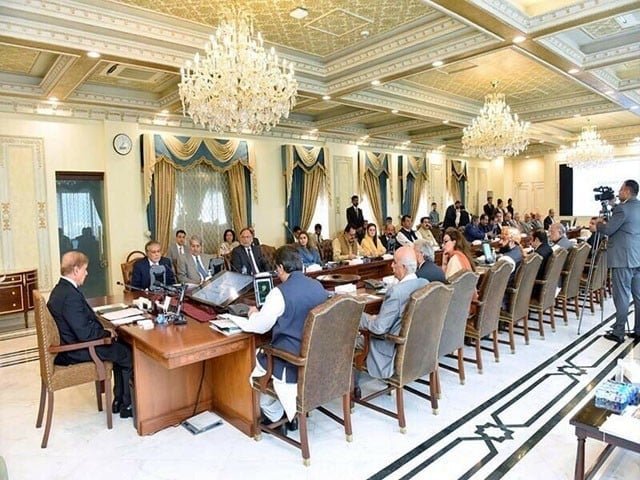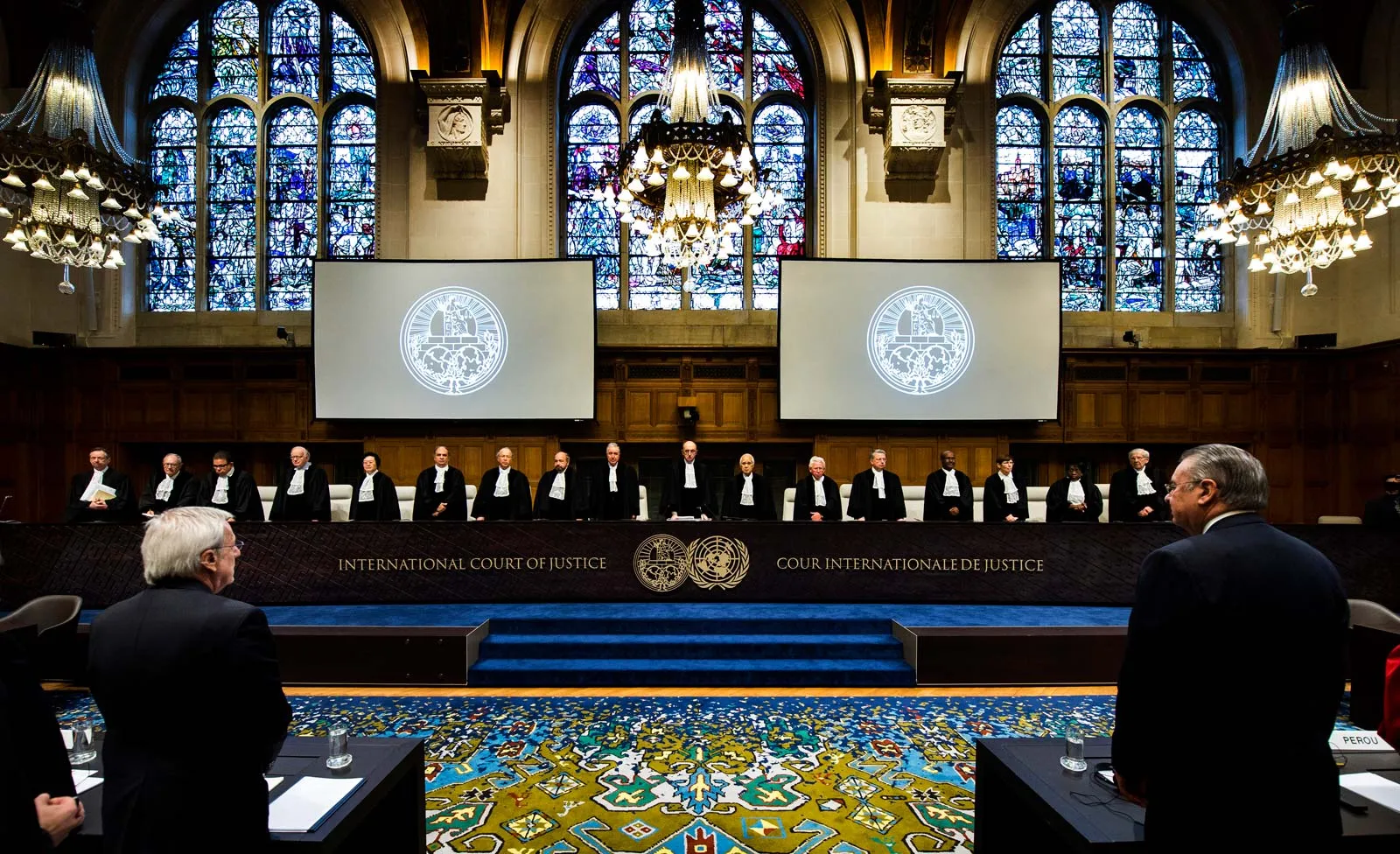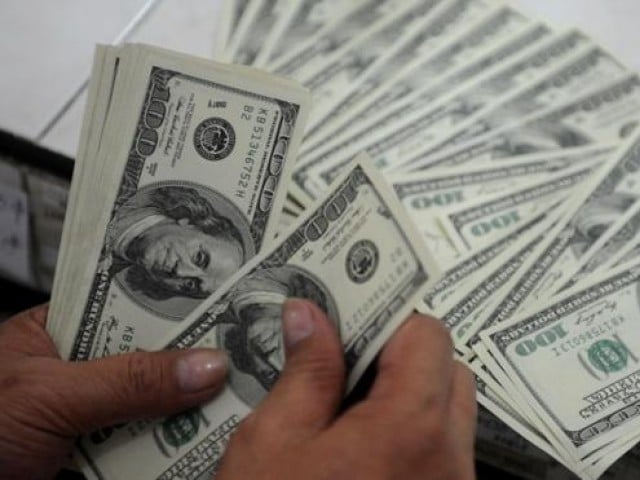The Economic Coordination Committee (ECC) of the Cabinet, led by Federal Minister for Finance and Revenue Muhammad Aurangzeb, approved several important financial measures in its latest meeting to address economic, agricultural, and development challenges for the fiscal year 2024-25.
The committee allocated Rs. 10 billion to cover outstanding urea subsidy payments, ensuring that fertilizers remain accessible to the agriculture sector. It also called on provinces to contribute their share of the subsidy.
A Rs. 14 billion allocation was approved for the Prime Minister’s National Programme for Solarization of Agricultural Tubewells, aimed at improving energy efficiency in agriculture. Additionally, Rs. 1.086 billion was approved to settle outstanding claims from the Zarai Taraqiati Bank Limited (ZTBL) under the Prime Minister’s Fiscal Package for Agriculture, introduced during the Covid-19 pandemic.
The ECC greenlighted Rs. 3.7 billion for restructuring Pakistan Revenue Automation Limited (PRAL), along with a new financial mechanism for distributing funding. The committee also allocated Rs. 523 million to support the Special Investment Facilitation Council (SIFC).
Other approvals included Rs. 1 billion for the Pakistan Skills Impact Bond (PSIB) with NAVTTC as the bond issuer, Rs. 1.884 billion for ongoing projects under the Ministry of Housing and Works, and Rs. 536 million for the Ministry of Information and Broadcasting. The Digital Economy Enhancement Project (DEEP) also received Rs. 2.02 billion to support digital growth.
In a significant move, the ECC allocated Rs. 14 billion for loans under the Prime Minister’s Youth Business and Agriculture Loan Scheme (PMYBALS), offering low-interest term loans.
In the energy sector, the ECC approved a security package for the Railii-II Hydro Power Project and endorsed necessary amendments for compliance with NEPRA’s tariff requirements.
The committee also established a Pension Fund, with Rs. 30 million for seed capital and Rs. 1 million for incorporation costs. Other approvals included a Rs. 21.25 million grant for repairs to the Islamabad High Court buildings and the continuation of the wheat subsidy quota for the rest of the fiscal year.
Finance Minister Aurangzeb emphasized the need for transparent and efficient implementation of these decisions to address key economic, agricultural, and energy issues.

















